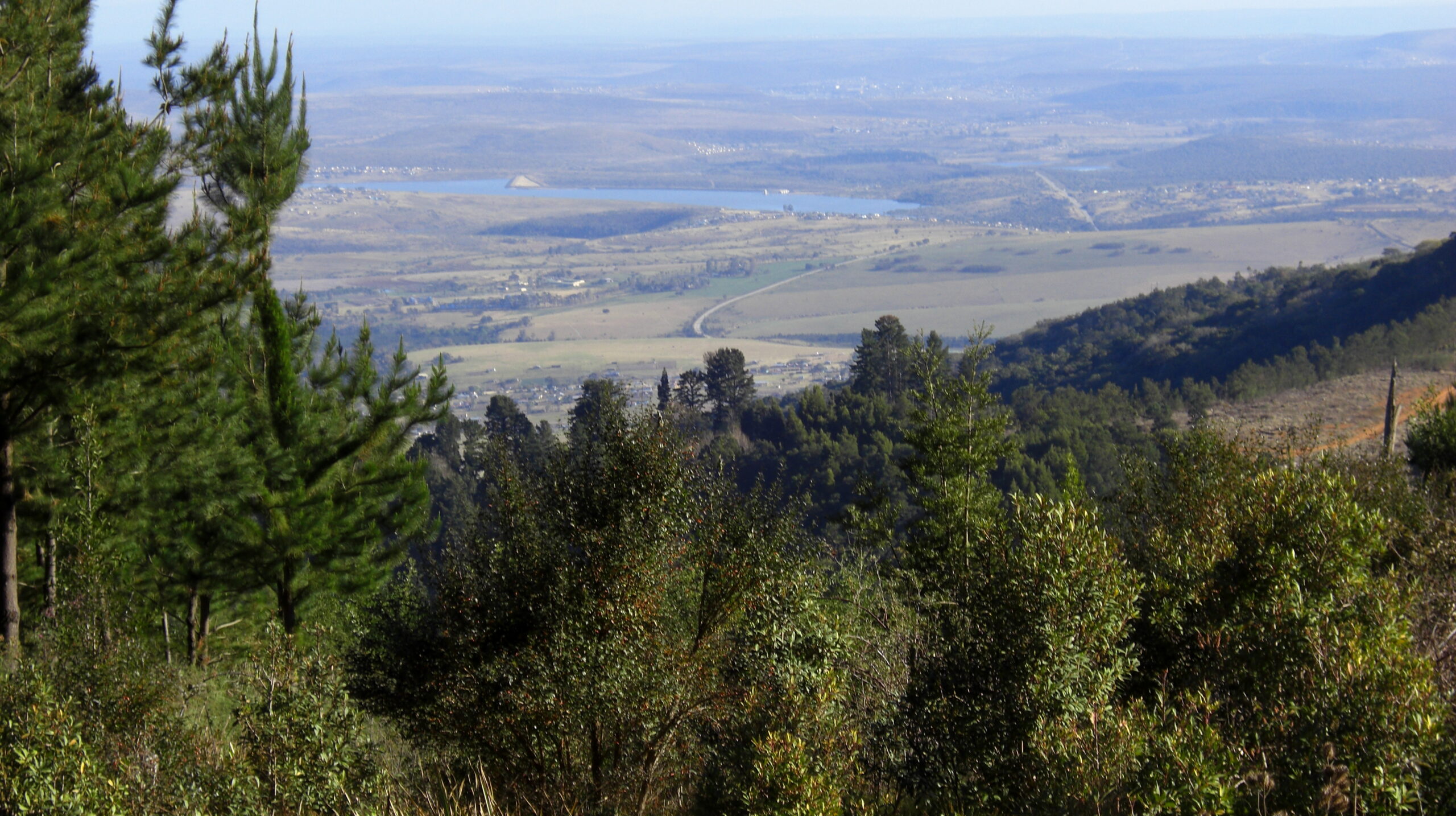The Tyume Valley runs from the Hogsback mountains in the North (illustrated by our logo) some 30km to the rural town of Alice in the South. The Tyume River winds through communal grazing land, feeding the Binfield Park Reservoir which provides water for the surrounding area. Administratively, Alice has 42 villages that differ in size and population, with those near Alice town, tending to be more densely populated than those at the peripheral areas.
Although it is now 30 years since the end of apartheid, its legacy lives on in Tyume in the form of poorly maintained schools, lack of resources, poorly trained teachers and low educational achievement. The wider area suffers multiple disadvantages, including high unemployment, poor infrastructure such as roads and reliable water supplies, depopulation and poor governance. Many families are affected by HIV/AIDS. Job opportunities remain poor and the population is shrinking as people seek work in urban areas. It is difficult to recruit and retain teachers; with falling pupil numbers, smaller schools are constantly under threat of closure.
Eastern Cape Province has the second highest percentage of learners who are too poor to be required to pay school fees and the highest percentage of individuals receiving social grants. In Tyume Valley there is also a high level of HIV/AIDS (often undisclosed): many children live with single parents, illiterate grandmothers or in child-headed households. There is no network of Early Childhood Development centres and children entering Reception classes have poorly developed language and other skills.
Primary schools are small and under–resourced; most have only one or two teachers to teach all grades. They suffer from frequent school closures and teacher absences.

